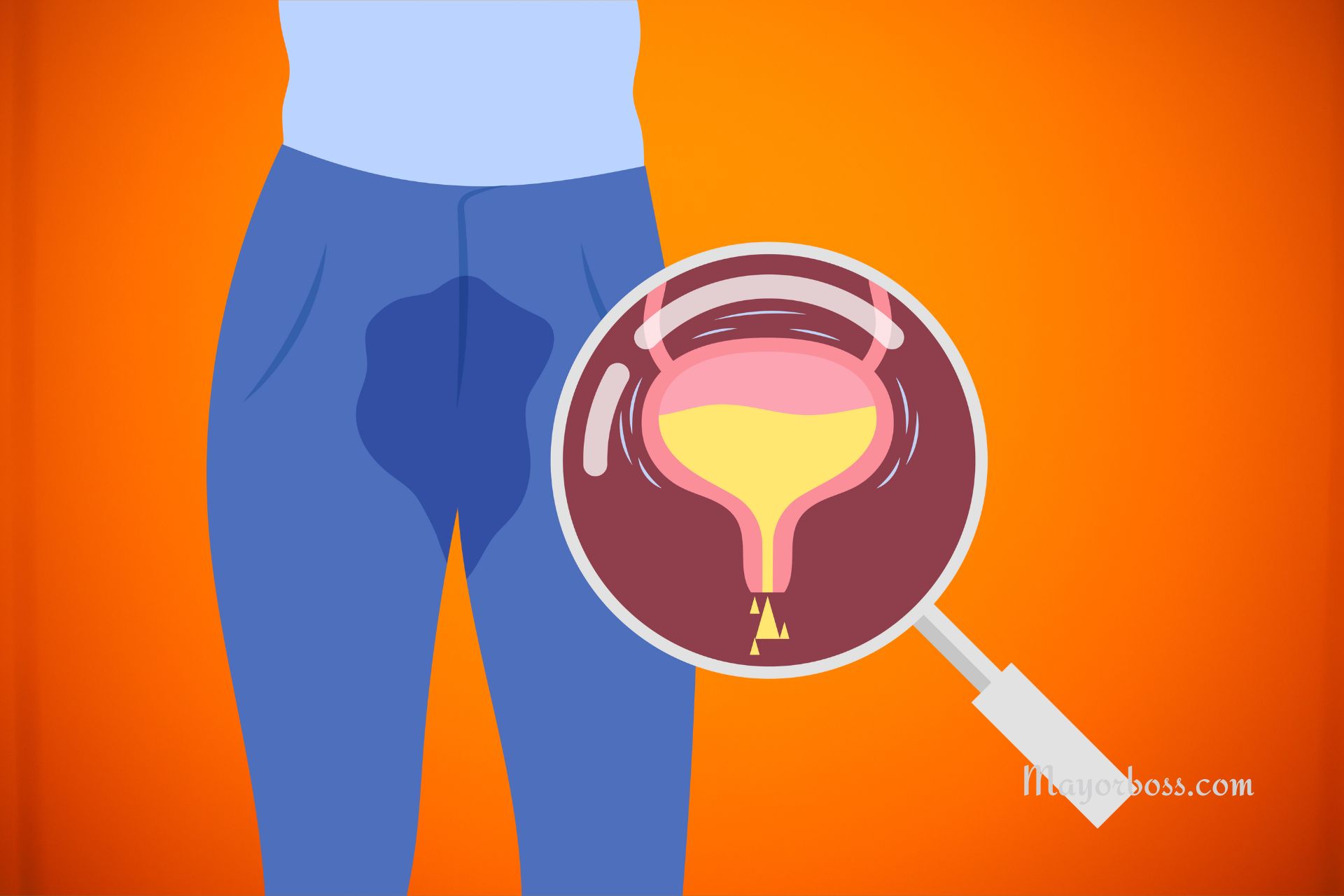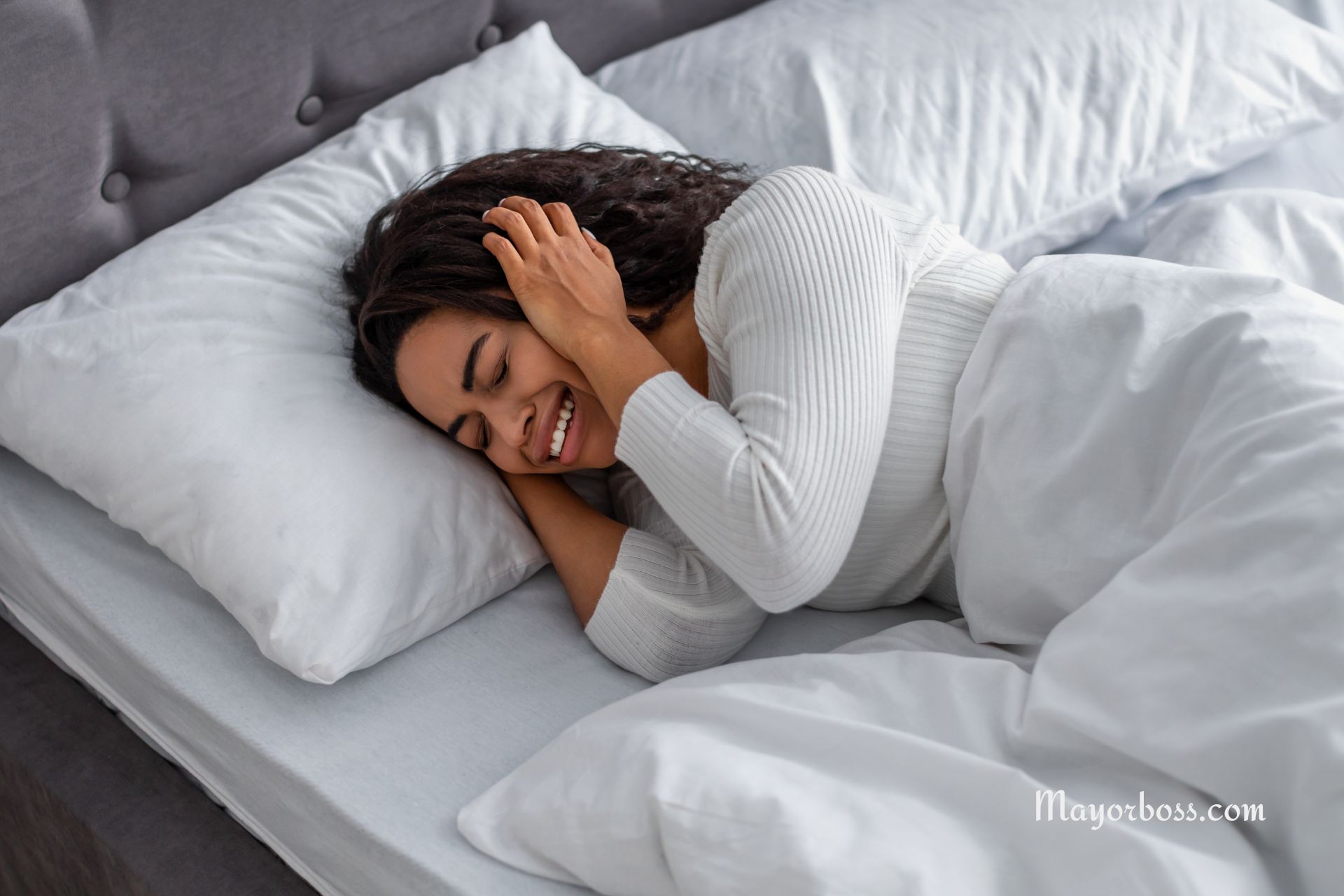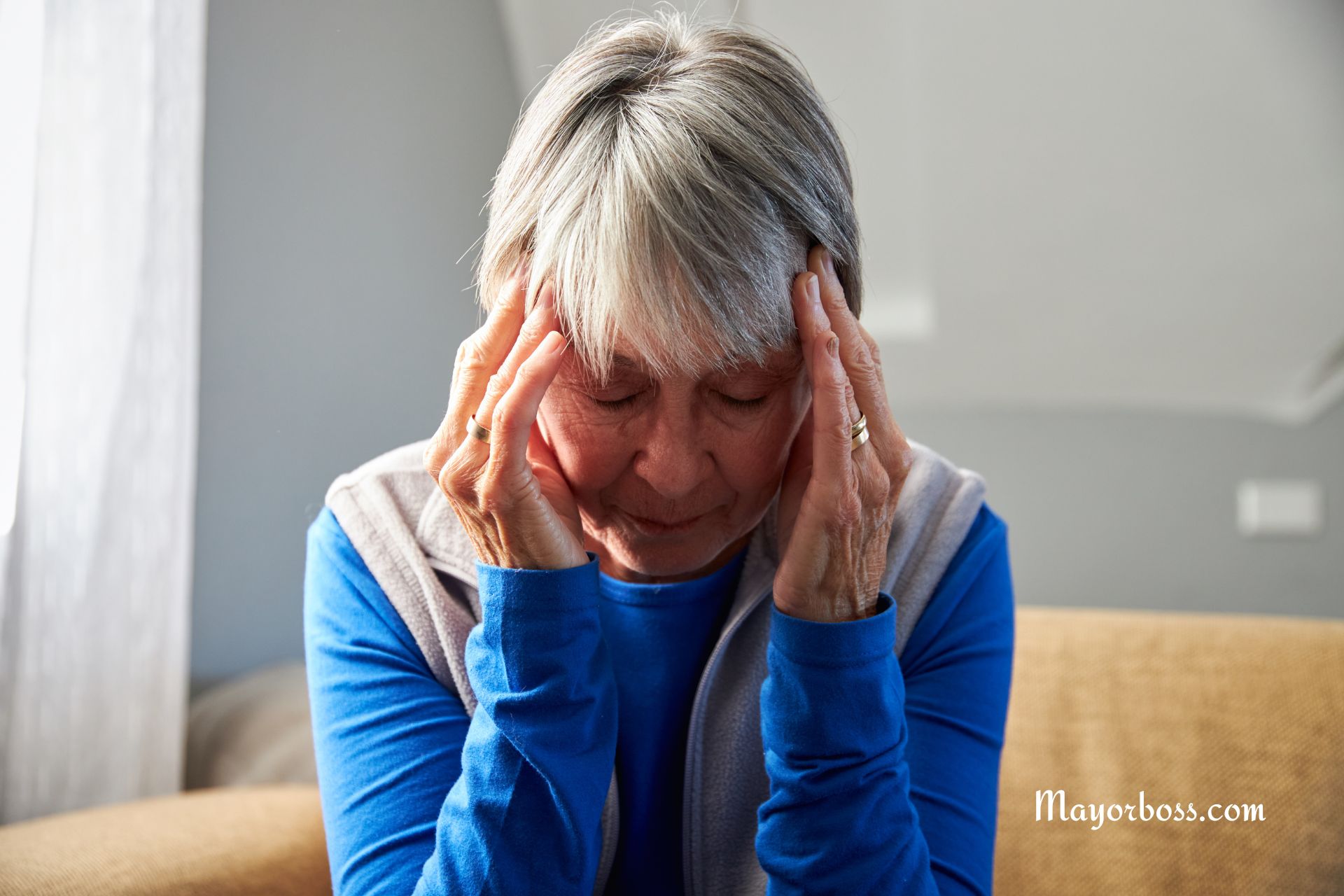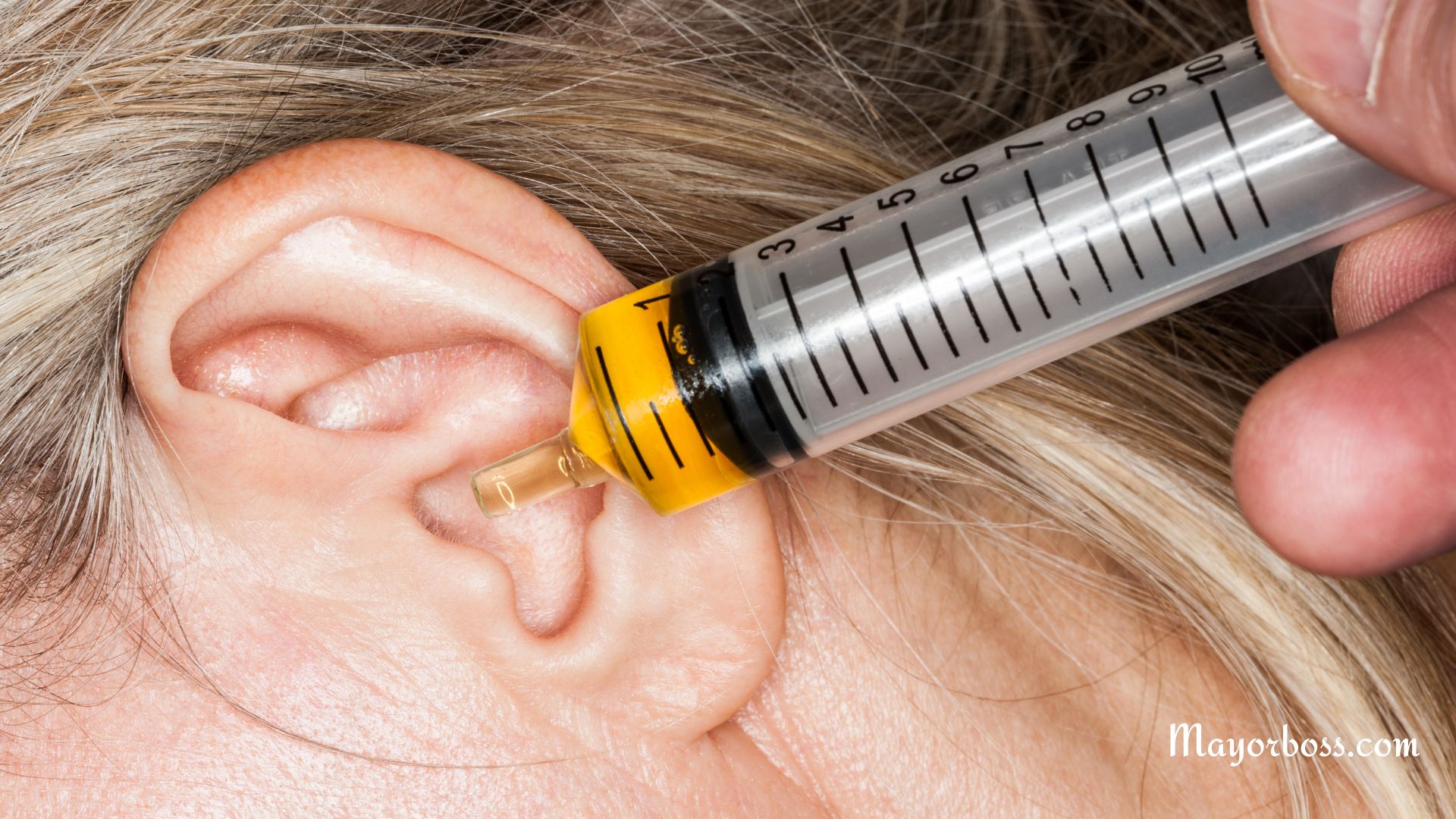7 Things That Cause An Overactive Bladder
Do you often feel the urgent need to rush to the bathroom, and you’re wondering why this is happening more frequently? Well, you’re not alone. An overactive bladder (OAB) can be quite bothersome, affecting daily activities and sleep patterns. But have you ever wondered what triggers this condition? This article will take a closer look at the common culprits behind an overactive bladder. Ready? Here we go!

1. Your Diet
Believe it or not, what you eat and drink plays a massive role in how your bladder behaves. Foods and beverages like caffeine, alcohol, spicy foods, and even some acidic fruits can irritate your bladder. Yes, that morning coffee or your love for spicy tacos might be doing you more harm than good if you’re struggling with OAB.
2. Urinary Tract Infections (UTIs)
Here’s something interesting: UTIs can often mimic the symptoms of an overactive bladder. These infections cause urgency and frequency, which are hallmark signs of OAB. So, if your symptoms come on suddenly, a quick visit to your healthcare provider for treatment can make a world of difference.
3. Medications That Increase Urine Production
Some drugs, especially diuretics used to treat high blood pressure, can cause or worsen an overactive bladder by increasing urine production. Surprisingly enough, medications for conditions like colds and allergies can also contribute to the problem. Always a good idea to review your medications with your doctor, right?
4. Chronic Constipation
Here’s the scoop: The bladder and the rectum are close neighbors. When you’re constipated, the rectum is full, and its contents can press against the bladder. This pressure irritates the bladder walls, leading to that frequent, urgent need to go. Managing constipation can sometimes alleviate some OAB symptoms.
5. Nerve Damage
Damage to the nerves that generally control the bladder can lead to overactive bladder symptoms. This could stem from conditions like diabetes, strokes, multiple sclerosis, or spinal injuries. Essentially, if the nerves are not communicating properly with your bladder, it can start acting up.
6. Excessive Fluid Intake
Though it’s essential to stay hydrated, too much of a good thing can be bad. Excessive fluid intake can overwhelm your bladder, causing you to go frequently. Balancing how much you drink and when can help manage your symptoms.
7. Aging
Age is more than just a number when it comes to your bladder health. As we get older, the bladder muscles can weaken, and the capacity of the bladder can decrease. This natural change can lead to symptoms of an overactive bladder.
FAQs on Overactive Bladder
1. Can exercises help manage an overactive bladder?
Absolutely! Pelvic floor exercises, also known as Kegel exercises, can strengthen the muscles under the uterus, bladder, and bowel. Stronger pelvic muscles can help you control your bladder more effectively.
2. Are there any specific treatments for overactive bladder?
Yes, treatments range from behavioral therapies, such as bladder training and fluid management, to medications that help control bladder muscle contractions. For severe cases, procedures like nerve stimulation or surgery can be considered.
3. Is it necessary to see a doctor if I think I have an overactive bladder?
Definitely. While lifestyle changes can help, it’s crucial to consult with a healthcare provider to rule out other possible causes of your symptoms and to discuss the best treatment options for you.






